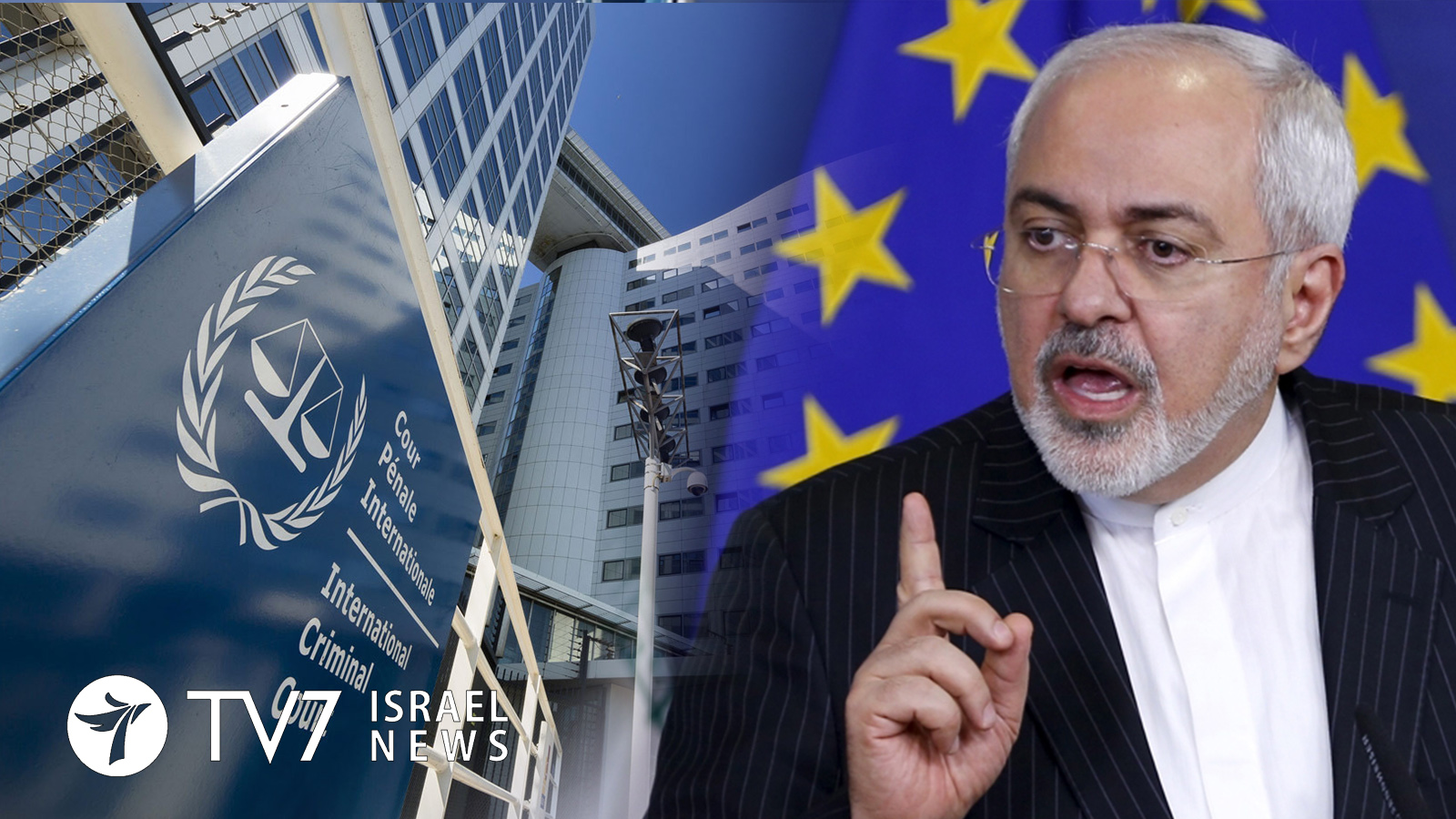The Islamic Republic urged the International Court of Justice to order the immediate lifting of crippling sanctions imposed on Iran by the United States – that after Washington’s pull-out of a 2015 nuclear agreement that sought to limit Tehran’s nuclear program in exchange for international sanctions relief. Mohsen Mohebi, head of the international legal affairs center of Iran’s Presidential office, told judges at the Peace Palace in The Hague that the sanctions are unjust and harmful. He echoed statements made by Iranian president Hassan Rouhani, who claimed that the U.S. sanctions were the cause of the declining Iranian economy, effectively driving millions of people into poverty. “The measures reinstated by the United States which will be further implemented and inaugurated in the coming weeks and months, will have far reaching consequences. They not only jeopardize Iran capacity to recover a fully functional economy, Mister President. They will be an impediment to its ability to guaranty basic health and safety for its people, not to mention basic social and educational services. I should add to its people the foreigners living in Iran, even may be at risk in terms of their safety and health,” International law adviser to Iran’s President Mohsen Mohebi said.
According to Iran, the United States violated a 1955 friendship treaty between the two countries, the Treaty of Amity, Economic Relations, and Consular Rights, and requested the court to indicate provisional measures. The Iranian representative, however, refrained from pointing to the fact that the treaty was signed before the 1979 revolution of the Islamic Republic – which led to a long list of hostilities directed by Iran’s Revolutionary regime against the United States. Meanwhile, U.S. lawyers urged the International Criminal Court to dismiss the Iranian lawsuit, saying ‘Tehran’s real aim was to restore the flawed Joint Comprehensive Plan of Action, which is the technical term for the nuclear agreement with Iran’. “This case is entirely about an attempt to compel the United States by order of this court to resume implementation of the Joint Comprehensive Plan of Action – or JCPOA. This is clear from the fact that Iran seeks to reinstate the sanctions relief that the JCPOA provided and to do so in circumstances that the JCPOA, by design, did not authorize namely an application to this court. Iran is endeavoring to use the procedures of the Treaty of Amity to enforce rights that it claims under an entirely different instrument that specifically excludes judicial remedies,” U.S. State Department Legal Adviser Jennifer Gillian Newstead said.
The State Department Legal Adviser further ridiculed Iran’s attempt to characterize itself as a victim, while lambasting the Islamic Republic’s attempt to attribute responsibility for its economic failures to the United States. “Iran sought to characterize itself as a victim, as a law-abiding state brought to its knees by unlawful U.S. sanctions. The suggestion that Iran is a victim does not withstand scrutiny at any level.” / “It also bears emphasis that the economic and social concerns that Iran’s representatives raised yesterday, which Iran seeks to lay at the doorstep of the United States, find deep roots in the Iranian government’s mismanagement of its own economy and repression of its own population. The Iranian government cannot succeed in shielding itself from responsibility for the consequences of its own threats to international peace and stability as well as to its own people by submission to this court,” U.S. State Department Legal Adviser Jennifer Gillian Newstead said.
